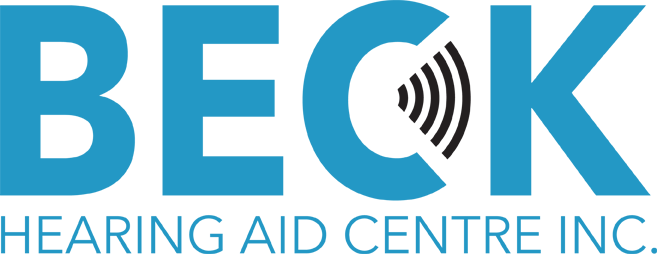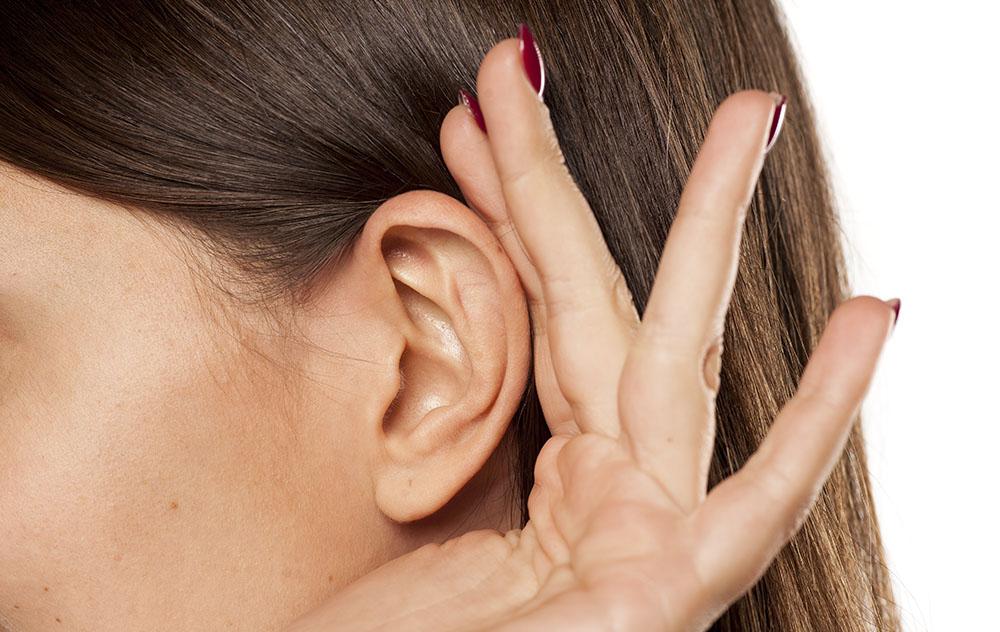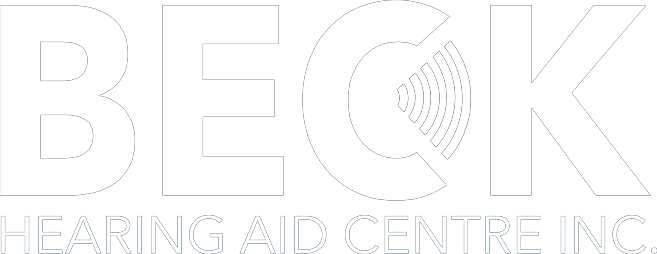Hearing loss is linked with several side-effects, from mental health ailments to a reduction in lifestyle. However, a relationship that often goes under the radar is the link between hypertension and hearing loss. As your blood pressure rises, there’s a chance that your ears could experience telltale signs of damage.
If you deal with hearing loss or hypertension, you should try your best to control both conditions to ensure a better quality of life, so it is essential to understand the topic in greater detail.
Continue reading to learn about the relationship between your hearing and blood pressure, the signs to look out for, and what to do should you experience an issue.
What is hypertension?
Hypertension is a medical term used to describe high blood pressure. Typically, this health side-effect is synonymous with strokes and heart disease since it affects the cardiovascular and respiratory systems.
However, new research highlights how hypertension can also lead to hearing loss. This is easy to understand when you factor in the process.
How does high blood pressure lead to hearing loss?
Simply put, the link occurs due to the impact hypertension has on the body’s blood vessels. Because the rate at which the heart beats is much higher than normal, the blood rushes through the veins and arteries at a rapid rate. To handle the increase in speed and pressure, the vessels must expand to prevent damage.
However, although this stops bursts and major incidents, the system means that the lining of the blood vessels is often irreparably affected. This is because the pressure damages the walls’ lining, making them less efficient at removing potentially harmful substances.
As the vessels can’t remove the necessary amounts of fatty plaque, the plaque builds up and affects the flow of blood to muscles and vital organs. The consequences can occur all over the body, including your ears, resulting in the signs of hearing loss becoming more apparent.
What are the signs of hypertension for hearing loss?
While the exact specifics are still unknown to a degree, there are lots of studies that prove a relationship between hearing loss and hypertension. Here are the main red flags:
- A sudden loss of hearing: Speak to a hearing instrument specialist and they’ll warn you that this is the most important sign to watch out for regarding hearing decline and hypertension. When the pressure in the vessels that supply the ears with blood can’t deal with the PSI, the walls will deteriorate to the point where they can’t carry the amount of blood needed to keep up with the ears’ demands.
- A sudden change in hearing: Just because you haven’t lost, or significantly lost hearing capacity, doesn’t mean you are fine. The tiny capillaries that serve the ear might struggle with the pressure and be unable to perform as efficiently. Therefore, a difference in hearing is a significant warning flag that you must keep in mind.
- Breathing difficulties: While breathing difficulties don’t signify that your hearing will decline soon, they are indicators of hypertension because the flow of blood to the body isn’t efficient, leading to side-effects such as breathing heavily or gasping for air. Due to the relationship between high blood pressure and hearing loss, it’s smart to speak to an expert.
When you experience the warning signs, you should put your mind at ease by contacting a professional for advice.
Is it permanent?
It depends on the severity of your condition. Hypertension can lead to permanent damage, but the literature indicates that you can reverse the after-effects if you act quickly enough and don’t let the situation escalate.
How can you stop hypertension from affecting your hearing?
It’s as simple as scheduling regular appointments with a hearing instrument specialist. With a hearing instrument specialist, you can rest easy knowing that they will spot the underlying issues and offer vital advice on the next steps. As a result, you can catch the indicators early and limit the side-effects. Also, they’ll show you which hearing devices can improve your hearing.
Other solutions include everything from lowering the volume when listening to personal devices, such as your phone or iPod and tweaking your diet. The latter is vital to reduce your blood pressure and protect your ears’ capillaries and arteries.
Beck Hearing Aid Center – providing the best individualized hearing healthcare for every lifestyle
Our goal is to take care of our customers, which is why we’re registered with the Ontario Ministry of Health’s Assistive Devices Program. Contact Beck Hearing Aid Center at (888) 618-3778.


